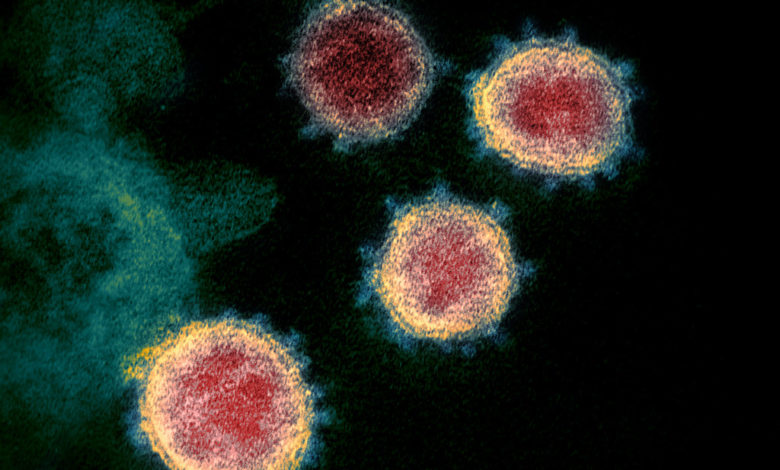Covid-19 Questions: Why Exactly is the Virus More Contagious in Colder Weather?

For months, scientists have predicted that Covid-19 cases would rise as the weather got colder. This wasn’t just speculation; rather was based on what we already know about the structure of common viruses and how exactly colder weather can make them more contagious. Interestingly enough, if you have a stick of butter in your fridge, you already know something about how viruses are protected in the winter.
There are many reasons why exactly we get more colds in the winter. We know that people are more likely to be together inside, breathing in the same air. But there is another reason: some viruses (and specifically, the virus that causes Covid-19) have a protective fatty shell (a lipid layer, in science talk) that covers them and protects their internal structures.
The layer of fat around the virus serves to protect it; once it’s gone, the virus can quickly get inactivated and become harmless. If you imagine that it’s like butter, it’s easy to see why viruses are less contagious in the summer: the fat melts in the heat, leaving the virus exposed and ineffective. However, when the weather starts to cool down, the fat stays solid for longer, and even just a little bit of extra time can make a huge difference in how many people are infected. For example, we know the virus spreads through aerosolized droplets and that it can linger in the air for a while. The amount of time that it is able to stay stable is directly related to how many people become infected, and if you increase that time even by a couple of seconds, you can see how much that would impact transmissibility.
It’s important to know that the virus has a fatty outer layer because that helps us to fight it. Regular soap and water work great (don’t bother with antibacterial soap) and so does alcohol-based hand sanitizer because both soap and alcohol break up fat.
Unfortunately, there are a lot of other risk factors that combine in the winter to increase viral transmission: lower humidity, more people having to meet indoors due to cold weather, and the fact that many people are going through pandemic fatigue and isolation during a time when we are normally getting together with our loved ones.
And on a fun side note: scientists have been able to harness the power of lipids to stabilize the mRNA vaccines. The extra fat helps to protect the mRNA from enzymes in your body that want to break it down, until it reaches your cells. In fact, the membrane around your cells is also made of lipids, which helps the lipids in the vaccine attach to the cell and release the mRNA inside.
You can use this knowledge not just during the pandemic but also moving forward when you think of the common cold, which is caused by many types of viruses that also have lipid shells. I don’t know if that’s useful to you or not, but I found it very interesting myself and think about it during cold season.




